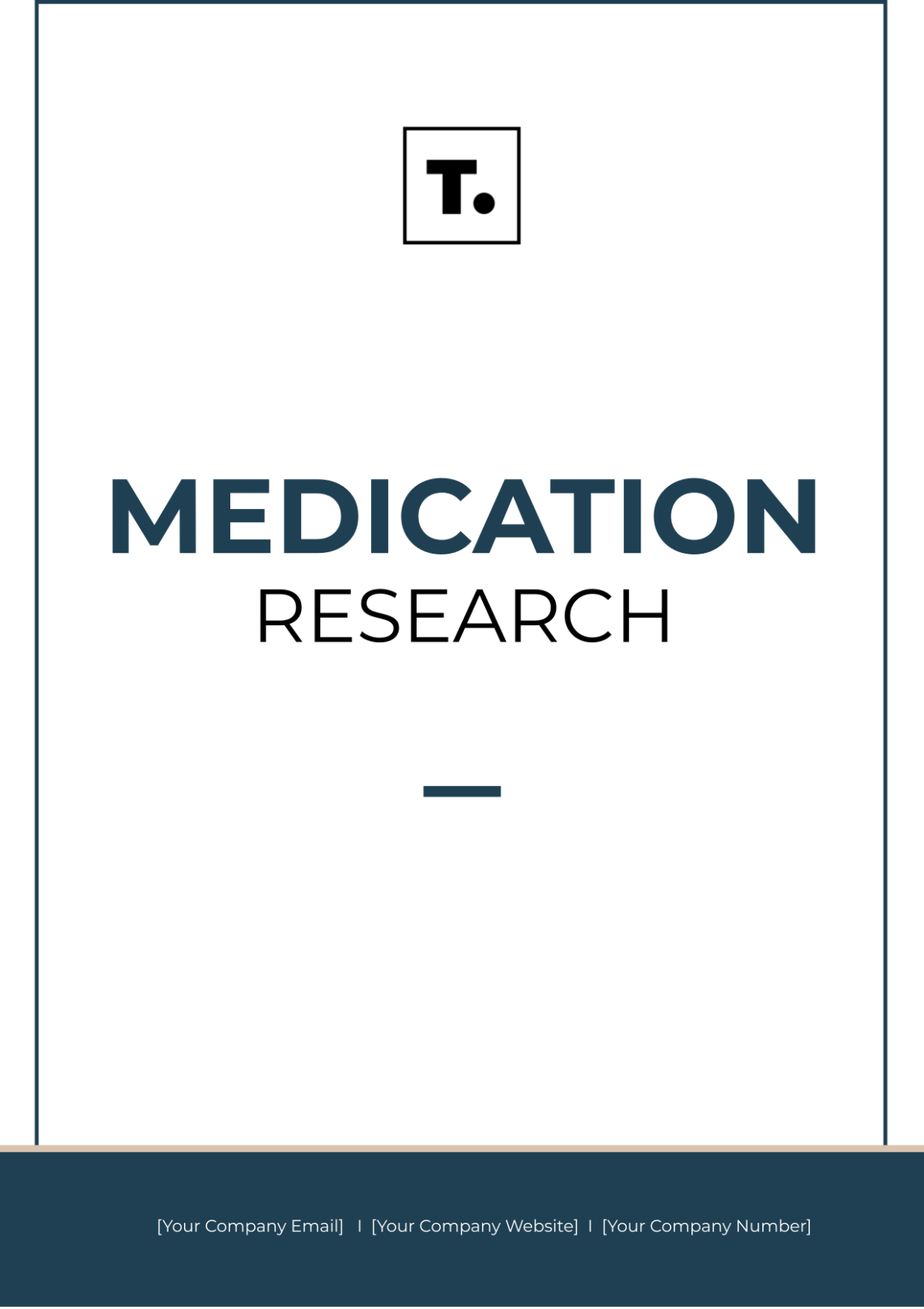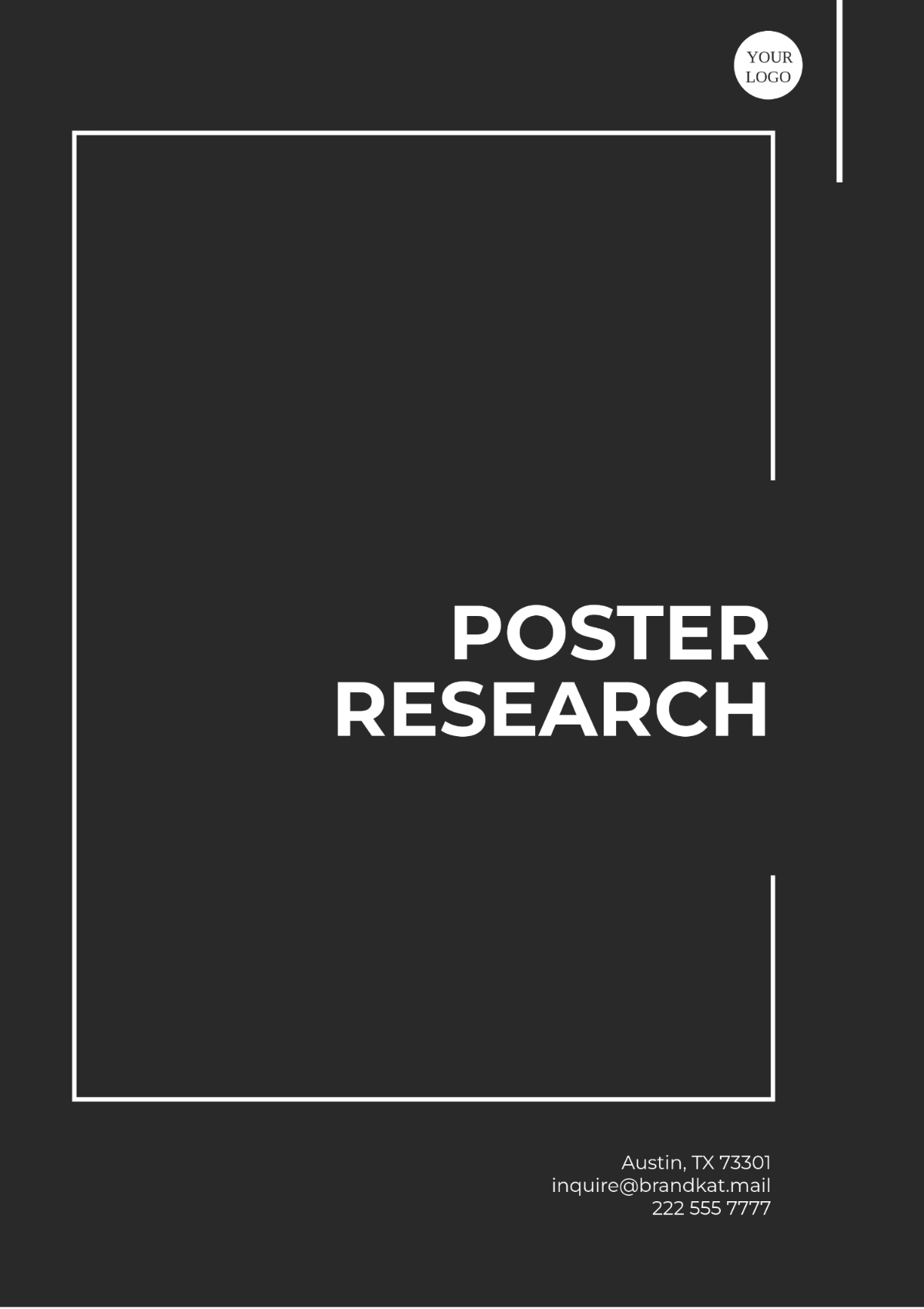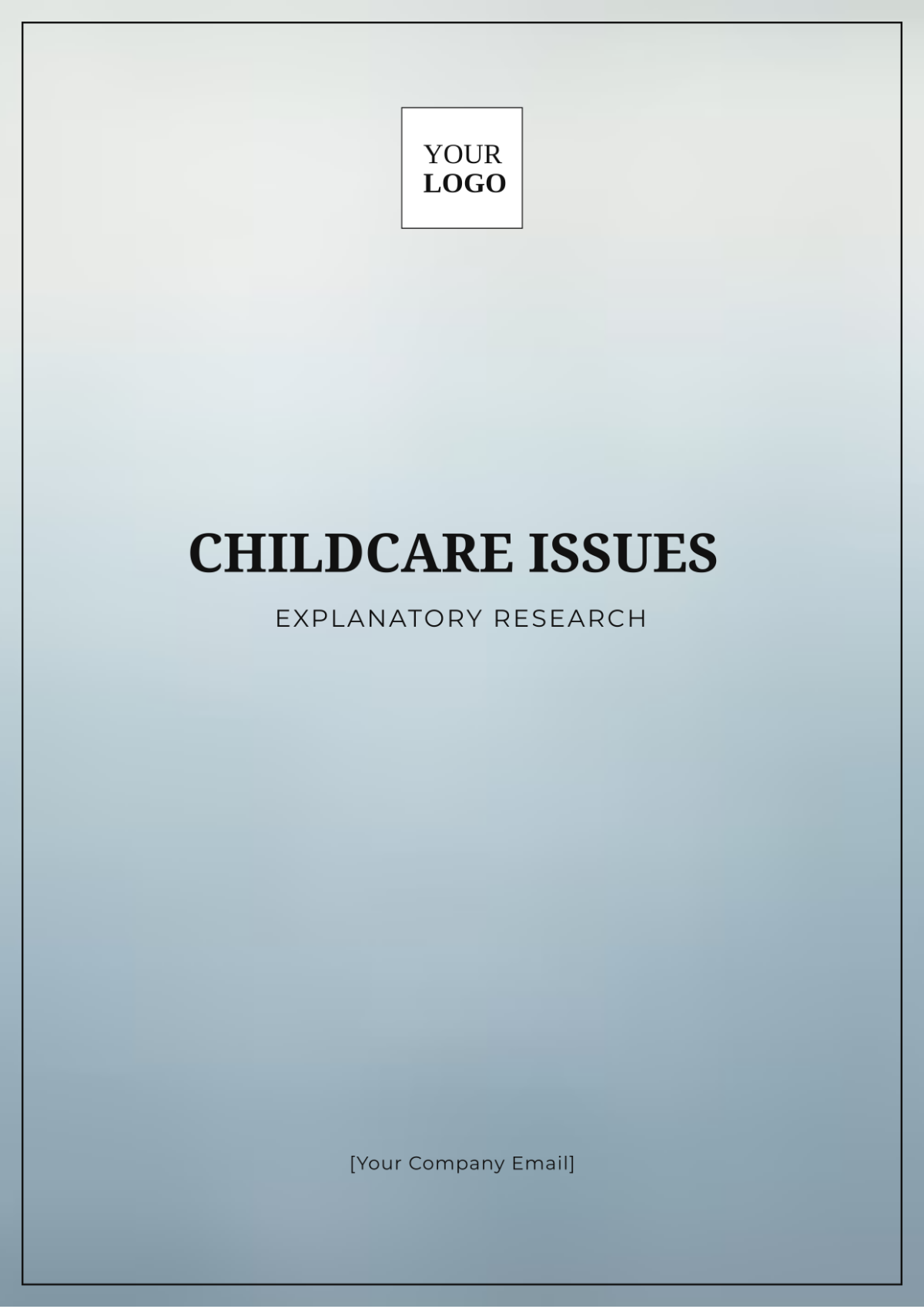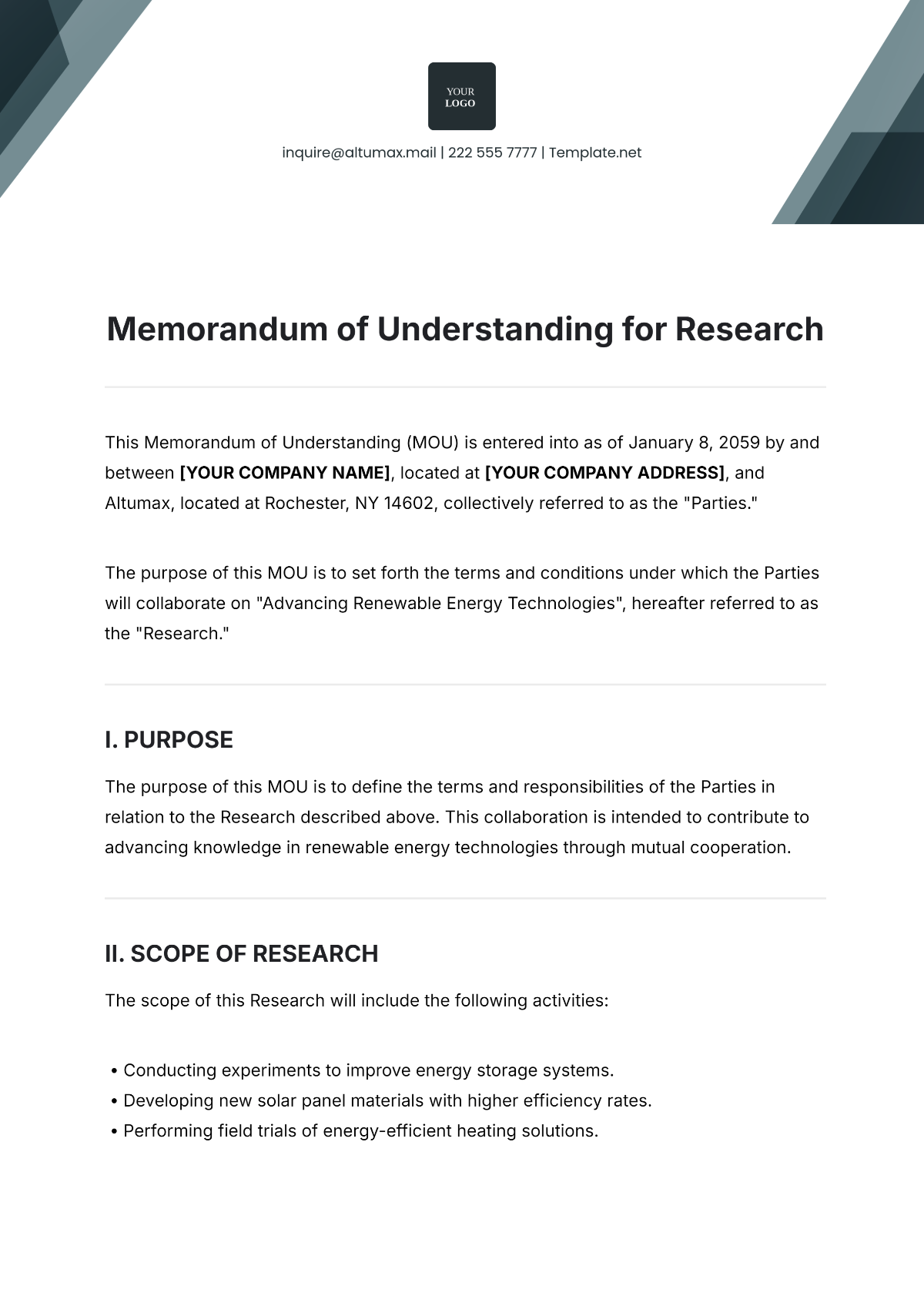Observational Study Protocol
Principal Investigator: [Your Name]
Institution/Organization: [Your Company Name]
Background and Rationale
Medication adherence is critical for effective disease management and improved health outcomes. Despite their importance, many patients struggle with adherence to prescribed medication regimens. This study aims to observe and document adherence patterns among patients in a primary care setting to identify common barriers and potential interventions.
Previous research has shown that non-adherence is influenced by a range of factors, including medication complexity, patient beliefs, and healthcare provider interactions. This observational study will fill the gap by providing real-world insights into adherence behaviors and challenges.
Objectives
Primary Objective
To observe and document the adherence rates of patients to their prescribed medication regimens in a primary care setting.
Secondary Objectives:
To identify common barriers to medication adherence.
To evaluate the impact of patient demographics on adherence rates.
To assess the effectiveness of patient-provider communication in influencing adherence.
Study Design
Type of Study: Cross-sectional observational study
Design Description: This study will involve direct observation of patient interactions and medication adherence in a primary care clinic over a 6-month period. Observations will be recorded using standardized checklists and interviews.
Study Population
Inclusion Criteria:
Patients aged 18 and older
Patients with at least one chronic condition requiring regular medication
Patients willing to provide informed consent
Exclusion Criteria:
Patients with cognitive impairments that affect their ability to provide consent or participate in the study
Patients currently enrolled in a clinical trial or receiving experimental treatments
Sampling Method: Random sampling from the patient population of the primary care clinic
Sample Size: 100 patients
Data Collection Methods
Observation Methods: Direct observation of patient visits, including medication discussions and adherence check-ins.
Tools and Instruments:
Observation checklists
Structured patient interviews
Medication adherence tracking forms
Data Recording Procedures: Observational data will be recorded by trained research assistants and stored securely. Interviews will be audio-recorded with patient consent and transcribed for analysis.
Data Analysis Plan
Statistical Methods: Descriptive statistics will be used to summarize adherence rates and barriers. Inferential statistics, including chi-square tests and regression analysis, will be used to assess relationships between adherence and demographic factors.
Data Interpretation: Data will be analyzed to identify patterns and correlations. Results will be compared to existing literature to draw conclusions about adherence behaviors and barriers.
Ethical Considerations
Ethical Approvals: The study will be approved by the Institutional Review Board (IRB) of the Health Research Institute.
Consent Procedures: Informed consent will be obtained from all participants prior to their inclusion in the study. Participants will be assured of confidentiality and the right to withdraw at any time.
Confidentiality: All data will be anonymized and securely stored. Only authorized personnel will have access to the data.
Study Timeline
Study Start Date: October 1, 2024
Recruitment Period: October 2024 - December 2024
Data Collection Period: October 2024 - March 2025
Data Analysis: April 2025 - May 2025
Final Report: June 2025
Budget and Resources
Estimated Costs: $50,000
Resource Allocation:
Personnel: $20,000
Data Collection Tools: $10,000
Data Analysis Software: $5,000
Miscellaneous: $15,000
Funding Sources: Health Research Institute Grant
Dissemination Plan
Publication: Results will be submitted to peer-reviewed journals in the fields of healthcare and medication adherence.
Presentations: Findings will be presented at relevant conferences and seminars.
Reports: A summary report will be shared with participating clinics and stakeholders.

















































